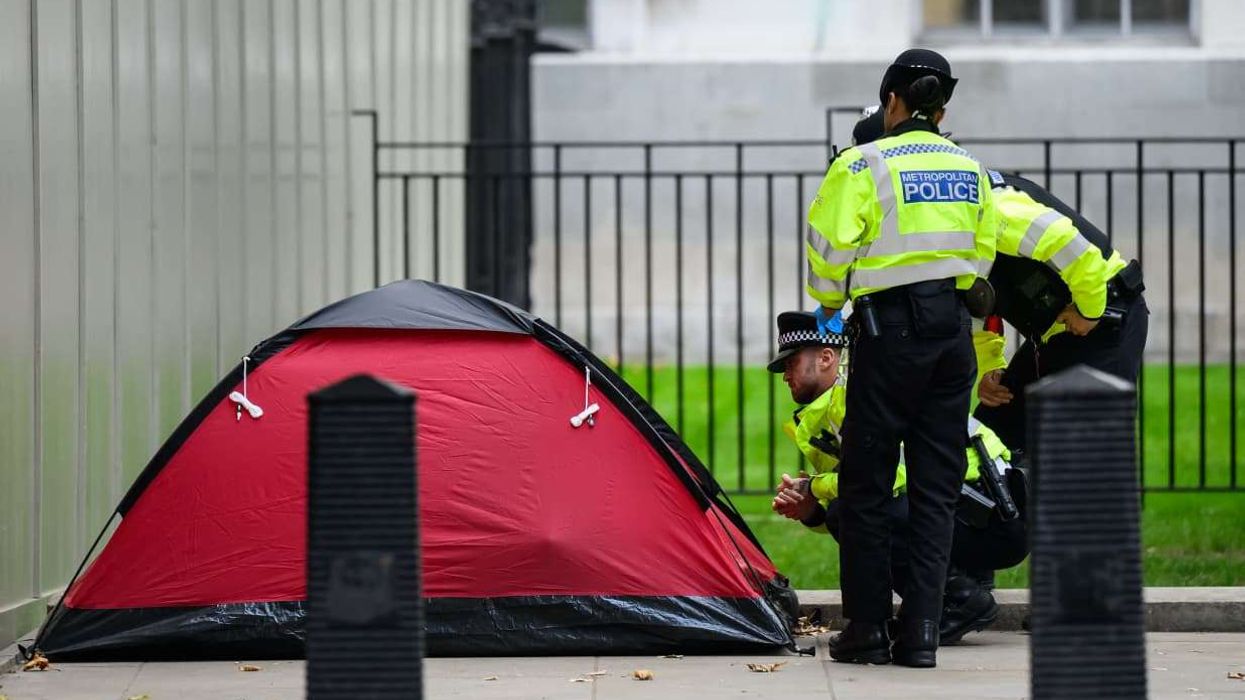With businesses, government departments and defence installations needing to protect themselves increasingly against hacking and industrial espionage, the study of cyber security has become the “hottest” subject among British-Asian students at Wolverhampton University.
This was revealed on Friday (September 23) when British-Indian industrialist Lord Swraj Paul presided on graduation day for mathematics and computer science students at Wolverhampton where he has been chancellor since 1999.
The university, which has 23,000 students, a highly proportion of them of Indian or Pakistani origin or directly from the subcontinent, is setting up a “cyber security centre”, said to be the first of its kind in Britain.
At the ceremony, student after student graduated in cyber security, many with firsts. They will apparently have no problem getting well-paid jobs.
The university points out: “For all businesses, there are many potential threats to their cyber security.
“Although some sound like they are lifted from the latest movie blockbuster – cyber-activists defacing websites, hackers breaking into IT systems, foreign governments searching for intellectual property in your files – the fact remains that many businesses are unaware of simple security measures that can help protect their technology.”
Afterwards, Lord Paul, 85, told Eastern Eye that “if I were returning to university today as a student, I would choose IT. Digital is the future.”
He recalled as a young man who left Jalandhar in the Punjab for the Massachusetts Institute of Technology (MIT), “I did mechanical engineering and metallurgy for my degree and Master’s. But those are subjects of the past as Britain has very little heavy industry left.”
Lord Paul was joined by Prof Nazira Karodia, dean of the Faculty of Science and Engineering, and two dons who are closely involved in teaching cyber security – Dr Kevan Buckley, head of computer science, and Steve Garner, head of business engagement and principal lecturer in computer science.
Buckley stressed how important it was to safeguard data. While for the ordinary computer user this meant “not leaving your pen drive on the train and having passwords with punctuation marks and upper and lower case letters”, banks often adopted the “set a thief to catch a thief” principle and employed expert hackers to advise on security.
But the academic study of cyber security, in which Wolverhampton hopes to lead the field, involves much more.
The university sets out why a BSc (Hons) in Cyber Security is a course worth following. It states: “BSc Cyber Security aims to give students a fundamental understanding of how to protect organisations, networks, IT systems and individuals against cyber attacks and cyber threats.
“This course covers all the main topic areas required by the British Computing Society for an accredited Cyber Security degree, and includes understanding of cyber threats and attacks, and the criminal sub-culture which is increasingly profiting from those attacks, how to manage information and the risks to that information, practical approaches to implementing physical and process controls to reduce information threats, and the design of secure systems and products which will enable businesses to withstand attacks.
“Employment in the area of cyber security is predicted to increase five fold in the next two years, and there is already a severe shortage of trained graduates who are able to work in this area. Therefore, the likelihood of gaining well-paid employment at the end of your degree is extremely high.”
In his speech to some of the 7,000 students who graduated this year, Lord Paul announced “the university’s involvement in the development of a Caparo Innovation Centre Investment Fund”.
“This is a £400,000 technology investment fund, which will be a great opportunity for university researchers and positive for the economic development of the region, through the support it will provide to new companies specialising in the science and technology sectors,” he said.
“My company Caparo and the university have a long-standing tradition of collaboration. I am delighted and proud this will continue to flourish and provide benefits for the local economy.”
In the new Business School Building opened in November 2015, named after Lord Paul, there is now a “Caparo Executive Education Centre”, where “people from industry can exchange ideas with students and teachers – it is the only one of its kind in the country”, Lord Paul said.












